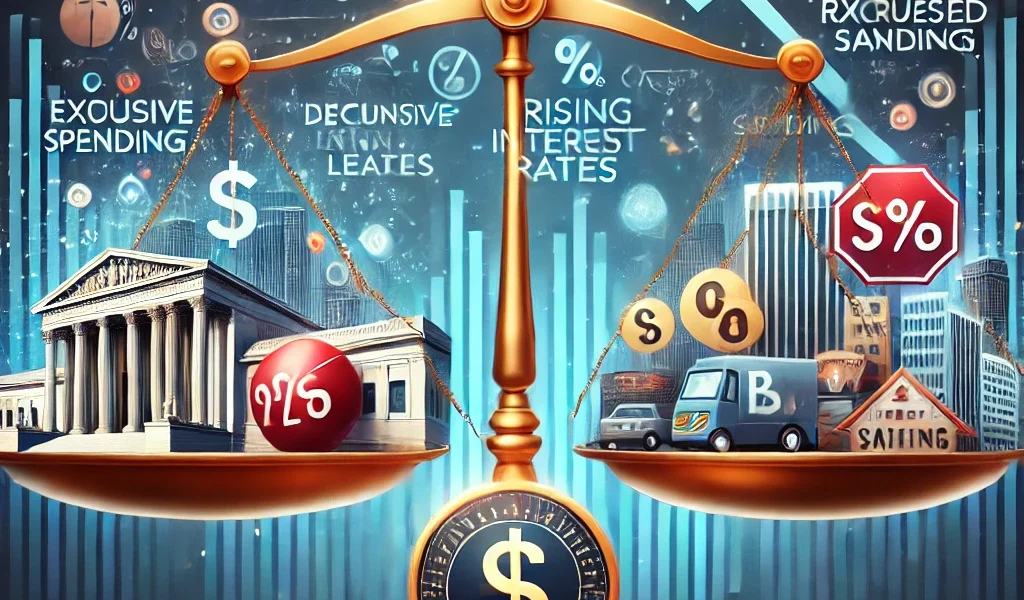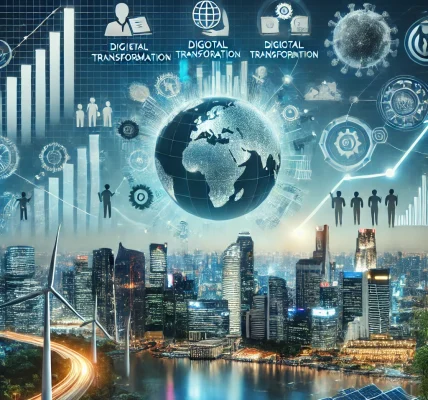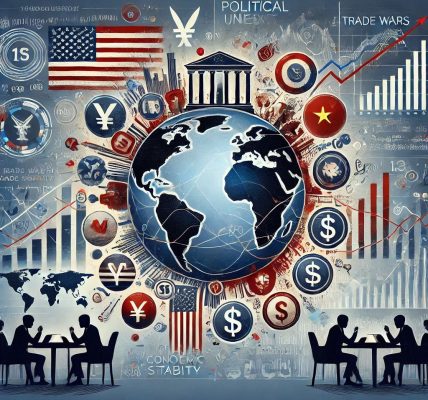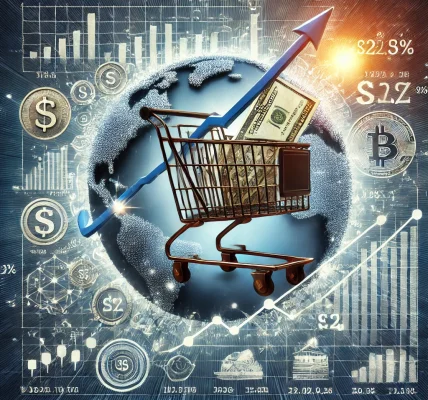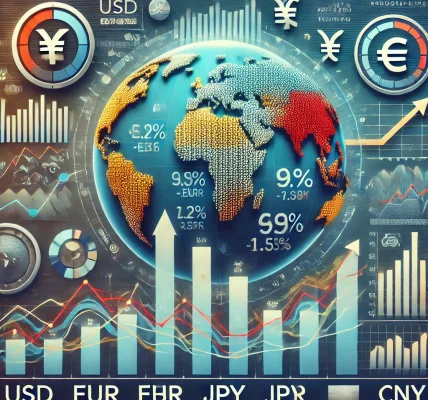Interest rates play a crucial role in the economy, influencing everything from borrowing costs to consumer spending and investment decisions. When central banks raise interest rates, the effects ripple through businesses and consumers alike. But what does it really mean for the economy? Let’s explore.
1. Why Do Central Banks Hike Interest Rates?
Central banks like the Federal Reserve (U.S.), European Central Bank (ECB), and Reserve Bank of India (RBI) increase interest rates to:
✔ Control Inflation – Higher rates reduce excessive spending, slowing down inflation.
✔ Stabilize the Economy – Prevents economic overheating and speculative bubbles.
✔ Strengthen Currency Value – Attracts foreign investment, boosting the currency.
2. Effects on Businesses
⚠ Higher Borrowing Costs
- Companies rely on loans for expansion, R&D, and operations. Higher rates make borrowing expensive, reducing growth.
- Small businesses face difficulty securing affordable financing.
📉 Reduced Profit Margins
- Increased loan repayments eat into profits, forcing companies to cut costs or raise prices.
- Businesses may delay hiring, expansion, or capital investment.
💰 Impact on Stock Markets
- Investors shift from stocks to fixed-income assets (bonds, savings).
- Stock prices may decline, reducing corporate valuations and investor wealth.
🏢 Slower Real Estate & Construction Growth
- Property developers and real estate firms suffer due to higher mortgage rates.
- Fewer people take out home loans, slowing property sales.
3. Effects on Consumers
💳 Higher Loan & Credit Card Costs
- Interest rates on personal loans, auto loans, and mortgages rise, making debt expensive.
- Consumers spend less, reducing demand for goods and services.
🏠 Housing Market Slowdown
- Mortgage rates increase, making home loans expensive and reducing affordability.
- Lower demand can lead to stagnant or declining home prices.
💰 Better Savings Returns
- Bank deposits, fixed deposits, and bonds offer higher interest rates, encouraging saving.
- Retirees and conservative investors benefit from fixed-income investments.
🛒 Reduced Consumer Spending
- Higher costs on loans and credit cards mean less disposable income.
- Demand for luxury items, vacations, and discretionary goods declines.
4. Long-Term Economic Impact
✔ Slows Inflation – Reduced spending helps keep inflation under control.
✔ Encourages Savings – People save more due to better interest rates.
✔ Risk of Recession – If rates rise too fast, economic slowdown or job losses may follow.
Conclusion: A Delicate Balance
Interest rate hikes are a double-edged sword. While they help control inflation and encourage saving, they also increase borrowing costs and slow economic growth. Governments and central banks must carefully balance rates to avoid recession while maintaining financial stability.
📉 Are rising interest rates affecting your business or personal finances? Planning ahead is key!
Would you like an SEO-friendly image or any modifications for your website? 🚀
